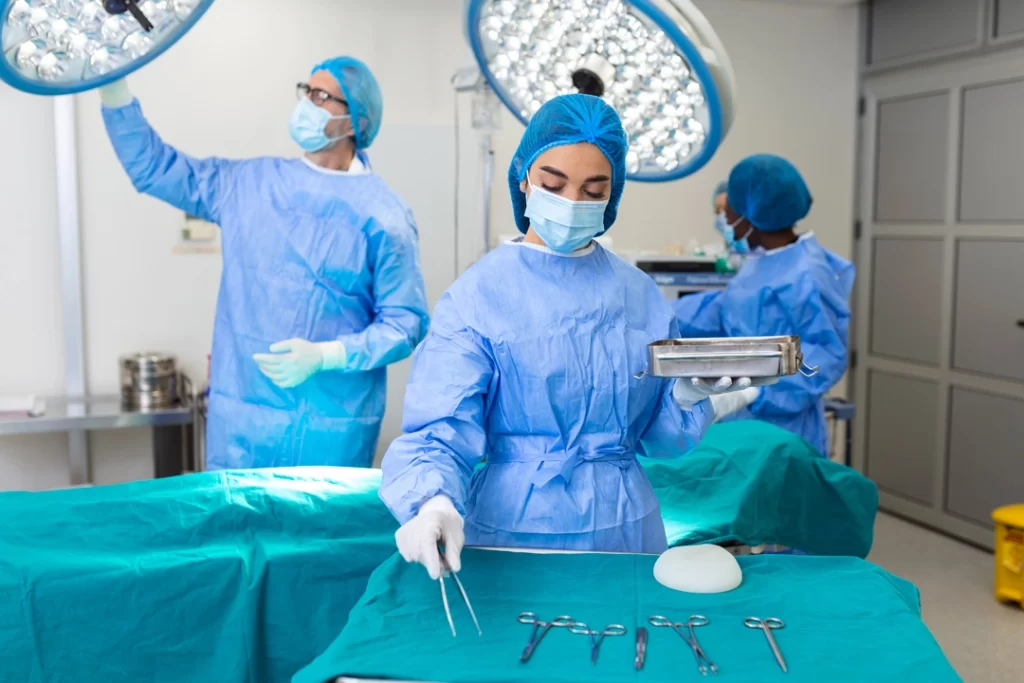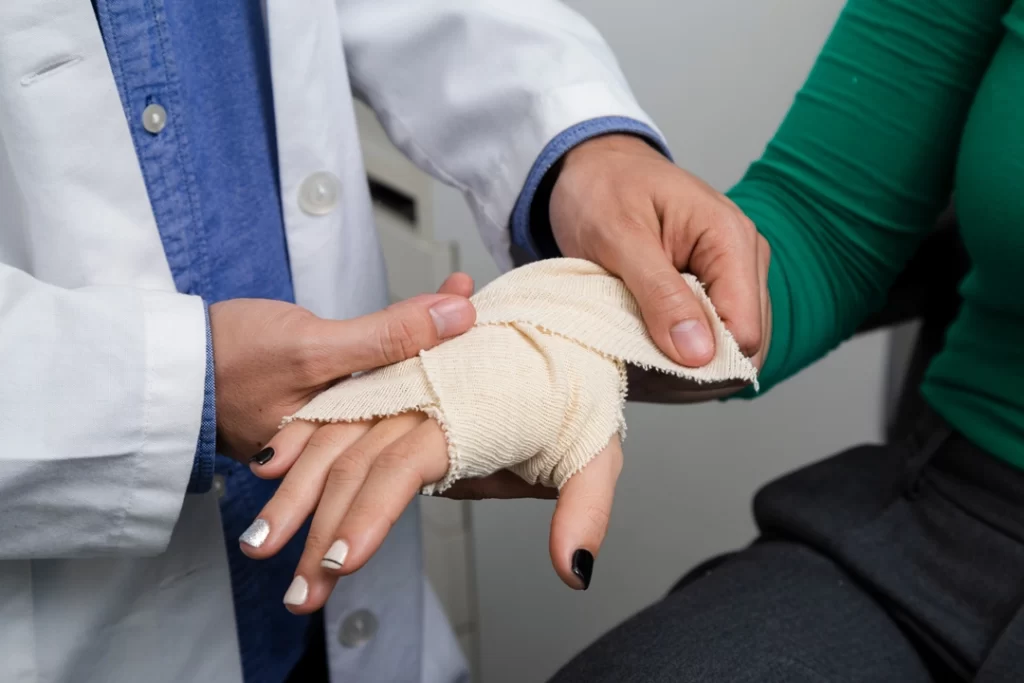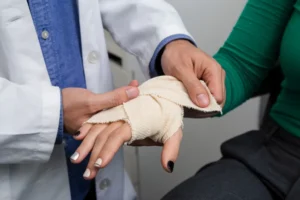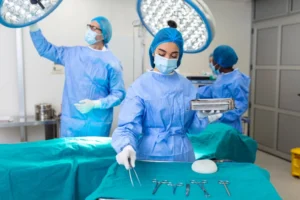Surgery is a major event that can be both physically and emotionally stressful. It is important to be prepared for what to expect before, during, and after surgery so that you can recover quickly and safely.
Before Surgery
Your surgeon will discuss the risks and benefits of surgery with you, as well as the different types of anaesthesia that are available. They will also give you specific instructions on how to prepare for your surgery.
Some general tips for preparing for surgery include:
- Stop smoking and drinking alcohol. Smoking and alcohol use can slow down healing and increase the risk of complications.
- Eat a healthy diet and get enough sleep. Eating a healthy diet will help your body heal and sleep will help you rest and recuperate.
- Take your medications as prescribed. Your doctor may prescribe medications to help you prepare for surgery, such as antibiotics to prevent infection.
- Arrange for transportation to and from surgery. You will not be able to drive yourself home after surgery, so you will need to arrange for someone to take you home or take a taxi.
- Gather any necessary paperwork. You will need to bring your insurance information and any other relevant paperwork to the hospital.
- Ask questions. If you have any questions or concerns, be sure to ask your doctor.
During Surgery
You will be given anaesthesia before surgery to numb the area of the operation. This will help you to avoid feeling any pain during the procedure.
The length of surgery will vary depending on the procedure being performed. During surgery, you will be closely monitored by a team of doctors and nurses.
After Surgery
After surgery, you will be taken to a recovery room where you will be monitored for several hours. Once you are stable, you will be transferred to a hospital room or discharged home.
Some general tips for recovery after surgery include:
- Rest. It is important to rest after surgery so that your body can heal.
- Ice the area of the incision. Icing will help to reduce swelling and pain.
- Take your medications as prescribed. Your doctor may prescribe pain medication or other medications to help you recover.
- Eat a healthy diet and get enough sleep. Eating a healthy diet will help your body heal and sleep will help you rest and recuperate.
Potential Complications
Any surgery carries a risk of complications. Some potential complications include:
- Infection. Infection is a common complication of surgery. It can be caused by bacteria that enter the body through the incision.
- Bleeding. Bleeding is another common complication of surgery. It can be caused by damage to blood vessels during the procedure.
- Blood clots. Blood clots can form in the legs after surgery and can travel to the lungs, causing serious complications.
When to Call Your Doctor
If you experience any of the following after surgery, call your doctor immediately:
- Fever. A fever of 101 degrees Fahrenheit or higher is a sign of infection.
- Severe pain. Pain that is not controlled by medication is a sign of a potential complication.
- Redness, swelling, or oozing from the incision. These are signs of infection.
- Shortness of breath. Shortness of breath is a sign of a blood clot.
Conclusion
Surgery can be a life-changing event. By following the tips in this article, you can help to ensure a safe and successful recovery.








